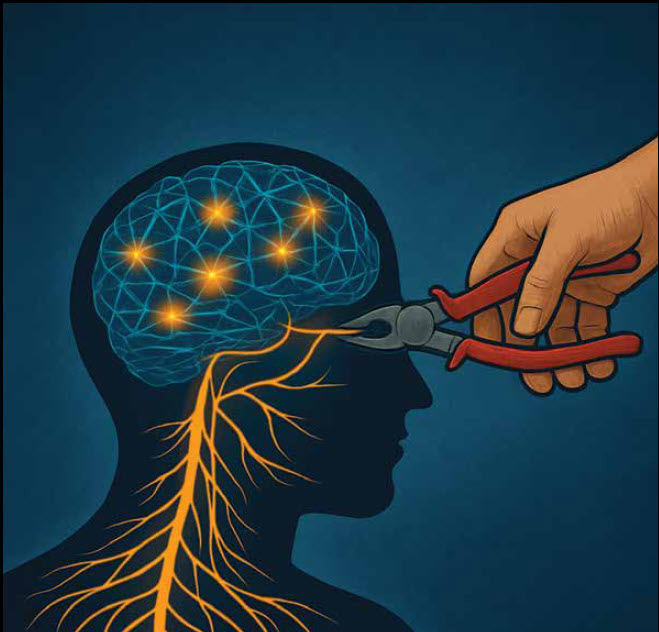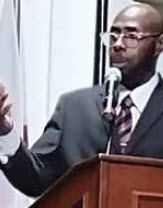Leadership workshops, retreats, and seminars can be incredibly energizing. They offer inspiration, tools, frameworks, and even moments of personal breakthrough. For a brief window, it feels like change is not only possible, it’s inevitable. But all too often, we return to our regular environments, and within days, we find ourselves sliding back into the same behaviors, reactions, and mental ruts we thought we had left behind. The high of the event fades, and reality—work stress, habits, and deeply rooted responses—settles back in.
The reason is simple: Our brains are wired for habit. Licensed therapist and theologian, Vanessa Brooks, speaks on this often. We don’t act based only on what we know—we act based on what we’ve practiced. Leadership isn’t just about having the right information; it’s about developing instinctive, practiced responses in the face of real challenges. Information doesn’t automatically rewrite behavior. Most of our responses to stress, conflict, decision-making, or team dynamics were shaped long before we read our first leadership book. The neural pathways in our brains—how we instinctively think, feel, and act—were carved by years of experience, emotion, and repetition.
This is why real leadership growth requires something deeper than inspiration…it requires rewiring. And rewiring happens through the intentional formation of new habits. Leadership development must be more than attending the next big event; it must become a disciplined journey of retraining our minds and bodies to respond differently over time. This means creating structures that reinforce growth: daily reflection, accountability partnerships, journaling, feedback loops, and small practices that become muscle memory. Transformation is not a leap; it’s a rhythm.
Ultimately, the leaders who grow are the ones who make a plan to practice. They know that wisdom without habit formation becomes shelf-help, not self-help. They understand that the goal isn’t just to know better, but to do better instinctively. And they commit to the slow, deliberate, often unseen process of becoming someone whose responses are shaped not just by what they’ve learned, but by who they’re continually becoming.
By: Eric M. Betts, PhD
Hampton University School of Religion | Athens State University Coleman Center for Religion Leadership and Culture









